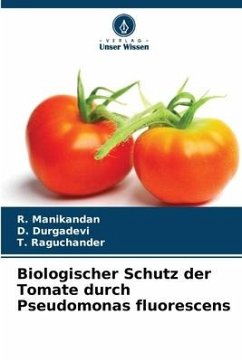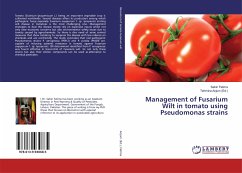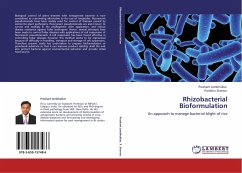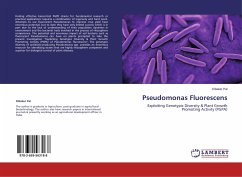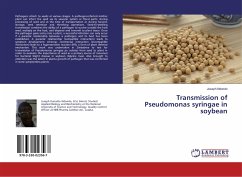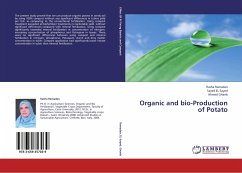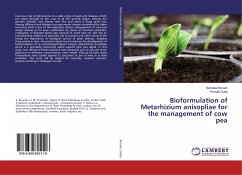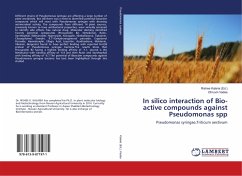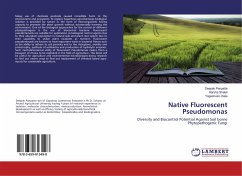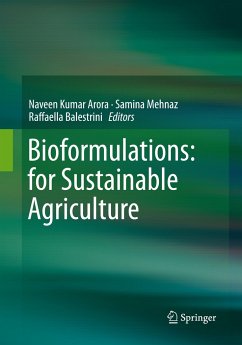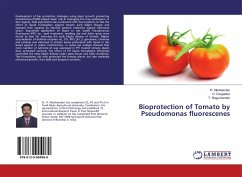
Bioprotection of Tomato by Pseudomonas fluorescenes
Versandkostenfrei!
Versandfertig in 6-10 Tagen
27,99 €
inkl. MwSt.

PAYBACK Punkte
14 °P sammeln!
Development of bio protection strategies using plant growth promoting rhizobacteria (PGPR) played major role in managing the crop pathogens. In this regards, field experiment was conducted with two locations to test the effect of liquid formulation against tomato early blight disease and assessed their capacity by induced systemic resistance against Alternaria solani. Sequential application of liquid or talc based Pseudomonas fluorescens (Pf1) viz., seed treatment, seedling dip and foliar spray were found to best for reducing the early blight disease of tomato. Higher accumulation of defense e...
Development of bio protection strategies using plant growth promoting rhizobacteria (PGPR) played major role in managing the crop pathogens. In this regards, field experiment was conducted with two locations to test the effect of liquid formulation against tomato early blight disease and assessed their capacity by induced systemic resistance against Alternaria solani. Sequential application of liquid or talc based Pseudomonas fluorescens (Pf1) viz., seed treatment, seedling dip and foliar spray were found to best for reducing the early blight disease of tomato. Higher accumulation of defense enzymes viz., PO, PPO, beta-1,3, glucanase, chitinase and catalase was observed in tomato leaves pretreated with liquid or talc based against A. solani. Furthermore, in native gel analysis showed that more number of isoforms of was expressed in Pf1 treated tomato plants than untreated controls. The effect of Pf1 liquid formulation effectively controlled the early blight disease under glass house and field conditions. This formulation not only protected the tomato plants, but also markedly enhanced growth, fruit yield and lycopene contents.



